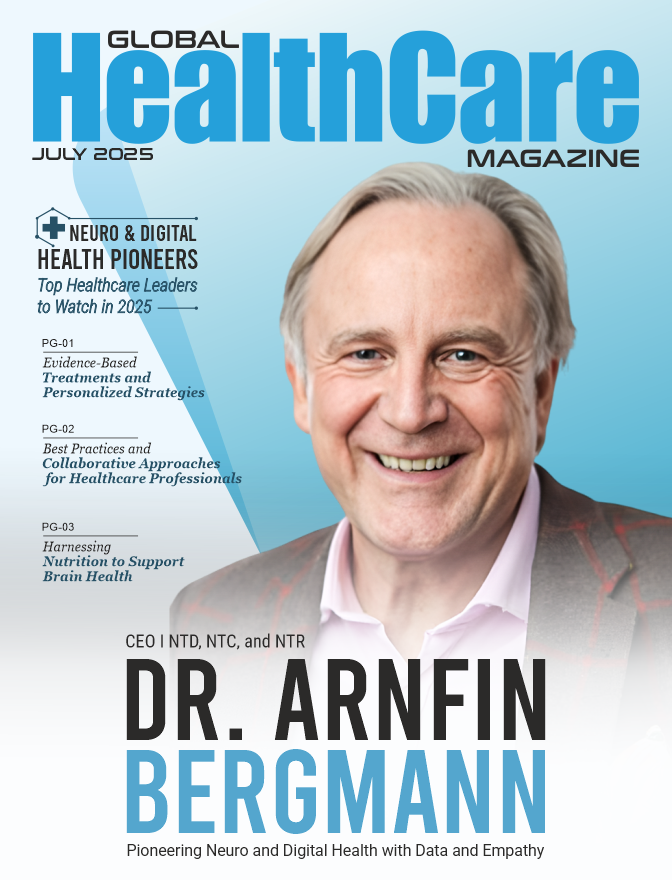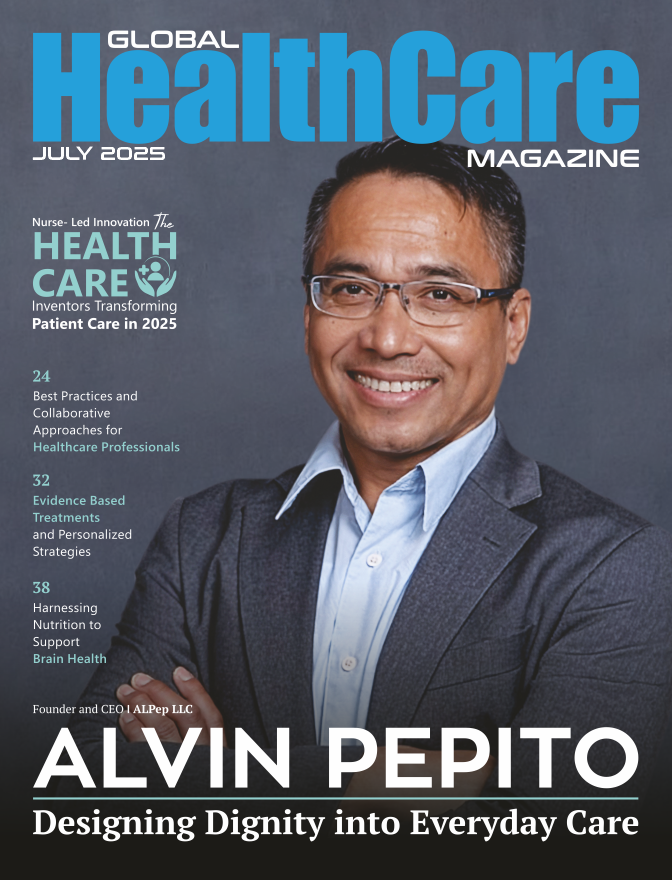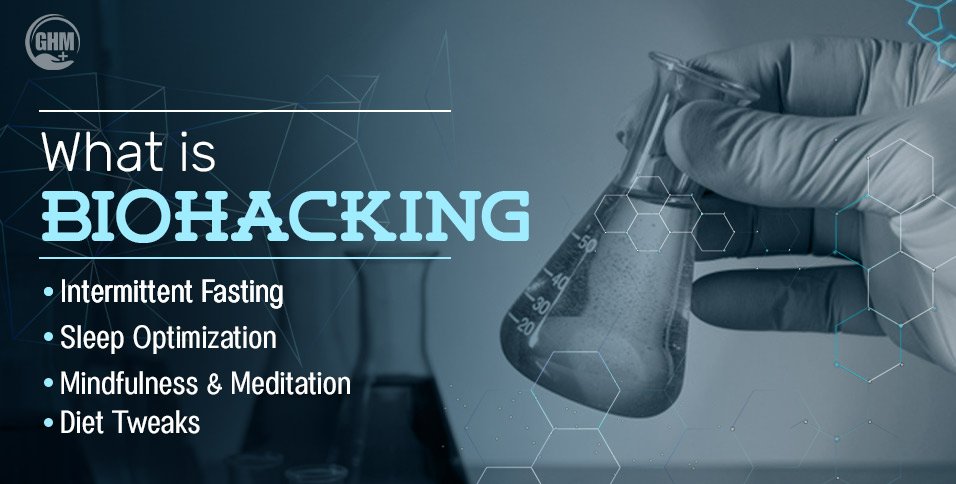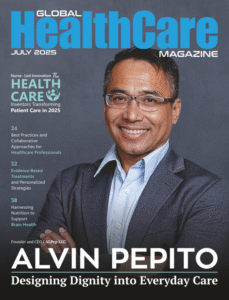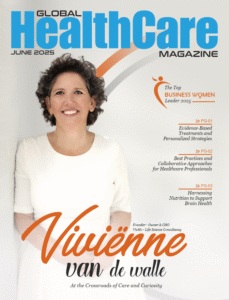Workplace stress is rampant in the US, but the healthcare industry is in the worst place. Healthcare workers face some of the most demanding and stressful work environments. According to the NIH, stress and burnout rates among these workers are up to 70%. The worst part is that they can hinder patient care.
Long hours, exposure to trauma and death, and the emotional toll of caring for patients can lead to mental health challenges. Understandably, it is crucial to manage workplace stress for one’s personal well-being. Also, it enables these workers to provide high-quality patient care, making it even more important.
Despite the challenging road to mental well-being, people working as doctors and nurses can keep anxiety at bay. In this article, we will share a few actionable practices these workers can rely on.
Know Your Stressors
Knowing your stressors will put you a step ahead of workplace stress. According to the Centers for Disease Control and Prevention, working conditions in the healthcare sector are challenging. Ongoing risk for hazardous exposures, long and unpredictable work hours, and stressful and emotional situations in caregiving are the key issues.
High workload and administrative burdens can also be taxing. Most professionals struggle with excessive paperwork and understaffing. There are role-specific risks too, with surgeons being exposed to operating room infections. Nurses may have to deal with troublesome patients and their families.
By understanding your unique stressors, you can come up with targeted strategies to address them. Moreover, you are in a better position to cope with them in the long haul.
Invest in Self-Care
The pandemic brought several harsh lessons for healthcare workers, and prioritizing personal well-being is one of them. You cannot expect to help patients if you are physically and mentally drained. Self-care is a savior for maintaining physical and mental health.
A study uncovered surprising statistics regarding the dietary choices of healthcare professionals. More than half of the respondents consumed baked foods, fried foods, and carbonated beverages four or more times a week. About 76.9% skipped their breakfast, and 52.8% and 58.4% went without lunch and supper at least once in the past week.
These numbers show that healthcare workers fall short of eating right due to their stressful lifestyle. Eating balanced meals is the best way to sustain energy levels throughout long shifts. You must also exercise regularly to boost endorphins and lower cortisol levels. At least 8 hours of sleep should be non-negotiable. Self-care also includes relaxing techniques like yoga, meditation, and deep breathing.
Seek Support
Whether you work in a clinic or a hospital, expect everyone around you to be anxious. However, this also means you can find support from your colleagues. Share your experiences with coworkers who understand the challenges of your role.
Studies show that healthcare workers in the US are past the point of exhaustion. Nearly 60% of participants in a survey are concerned about heavy workloads and 56% struggle with long hours. Discuss your concerns with supervisors to explore solutions like flexible scheduling or additional resources to share the workload.
Professional mental health counselors can also provide much-needed support. With their guidance, healthcare professionals can learn to process emotions, adopt coping strategies, and keep burnout at bay. Employee Assistance Programs (EAPs) are offered by many organizations to help employees get confidential counseling services.
The American International College notes that the awareness of mental health issues is growing in the country. With this, counselors are expected to offer personalized mental health according to the needs of the patients. As a healthcare worker, you can get help tailored to your unique struggles.
Practice Emotional Detachment
While empathy is crucial in healthcare, excessive emotional involvement can lead to compassion fatigue. According to a study, younger professionals and females are at a higher risk of experiencing this issue. Also, workers with heavy workloads, specifically nurses and physicians, are more prone.
Fortunately, there are some strategies that can help maintain emotional balance. A clear boundary between work and personal life is a good start. You must also reflect on positive outcomes rather than focusing solely on the challenges of patient care. Engage in hobbies that bring relaxation and joy beyond work.
Experts recommend compartmentalizing your emotions without becoming indifferent. This approach can help you sustain long-term resilience in the healthcare role.
Frequently Asked Questions
What are the causes of stress in the workplace?
Workplace stress is a common issue in all industries. It arises from factors such as long hours, heavy workloads, job insecurity, and conflicts with colleagues or supervisors. In healthcare specifically, workers encounter additional stressors such as exposure to trauma and emotional strain from patient care.
Do healthcare workers experience burnout?
Yes, burnout is common among healthcare workers due to the demanding nature of their jobs. Emotional exhaustion, reduced sense of accomplishment, and depersonalization are some signs of burnout. You may not notice these signs initially, as they build slowly over time and become obvious when you are on the edge.
How do you handle the stress of the job as a nurse?
Nurses often struggle with the physical and mental load of their roles. However, investing in self-care can help them manage job-related stress. Timely and nutritious meals are essential to keep going. Also, get regular exercise, sleep, and breaks from work. Discuss your mental health challenges with colleagues, managers, and counselors.
Workplace stress is an inevitable part of being a healthcare worker, but it doesn’t have to lead to burnout. You can save yourself from the vicious cycle of anxiety by staying vigilant and making conscious efforts to deal with work stressors.
Also Read: Maria Levis: Putting people first in the era of AI, Burnout and Payment Reform


